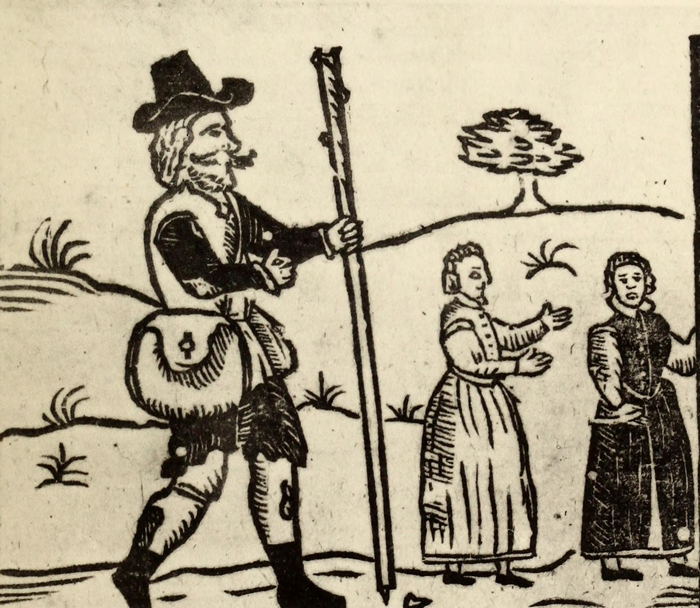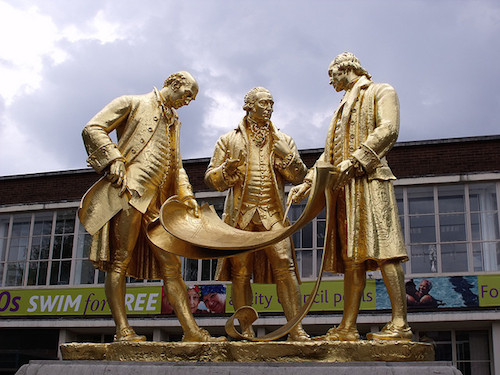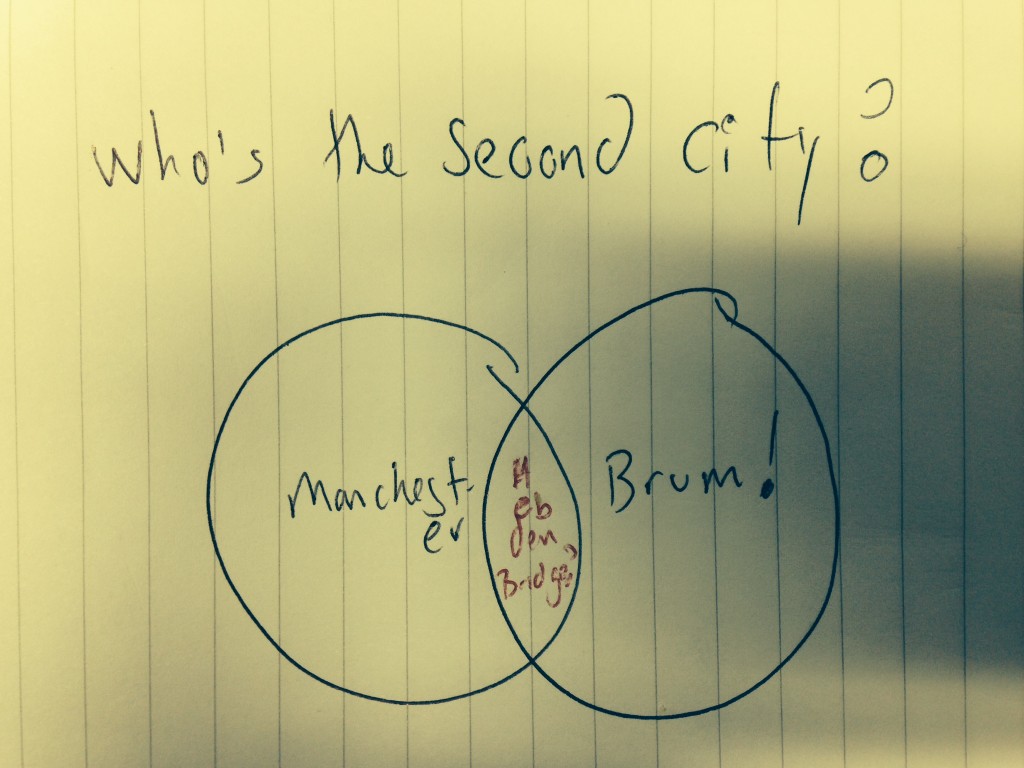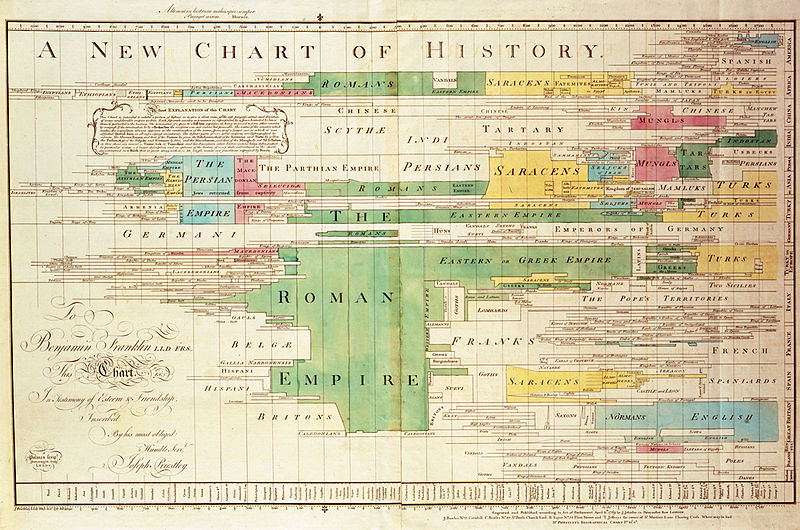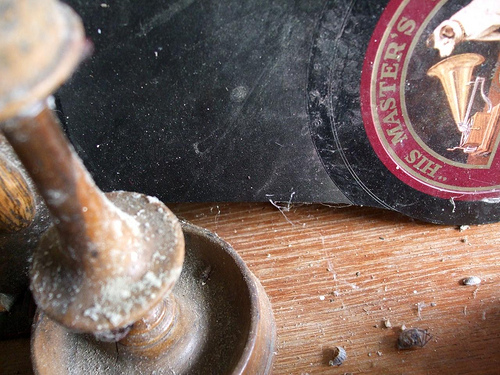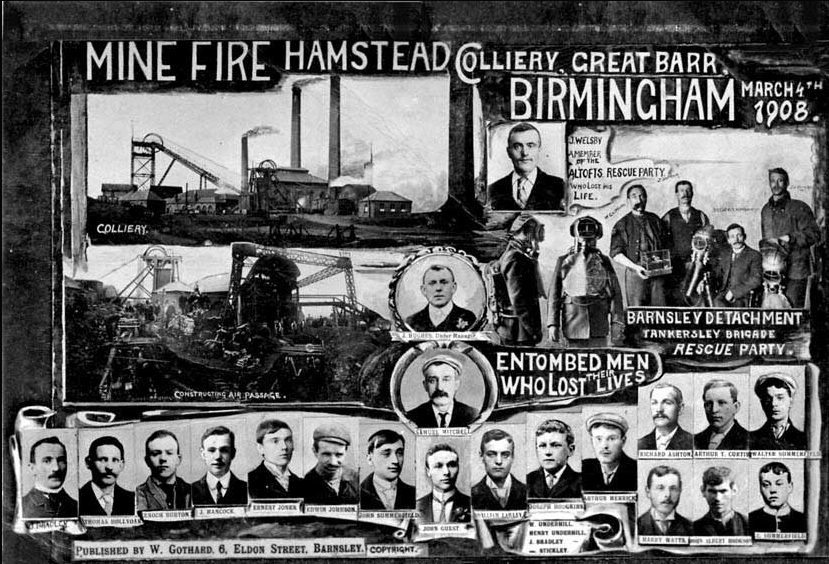The Beatles, when they started, were not much more than a bunch of pretty boys with guitars. And guitars were going out of fashion. They got popular, but may well have slunk out of cultural history in the same way as, for example, The Applejacks – if it wasn’t for Sgt Pepper. Routinely named as the greatest album of all time in every list known to man the real glue that holds this album together is not George, Ringo, John and Paul’s playing, writing or vivid imagination but the Brummie legend that is the Mellotron.
Made by Bradmatic Ltd of Aston, Birmingham, The Mellotron was an odd looking contraption that chimed with Brum’s long held unofficial title of ‘A city of a thousand trades’ by being the first instrument of ‘18 sounds’ greatly expanding the possibilities of musical hippies, svengalis and The Moody Blues, the world over.
In a complex operation that could only have been conceived by the genius minds of Brummies exposed to the daily intake of the fumes of the HP Sauce factory across the road, The Mellotron allowed musicians to have 18 ‘instruments’ at the touch of their fingertips. Their right fingertips, on the right keyboard had lead ‘instruments’ like strings, flutes and brass and the left fingertips, on the left keyboard had pre-recorded musical rhythm tracks in various styles.
Continue reading “101 Things Birmingham Gave The World. No. 51: The Beatles”


